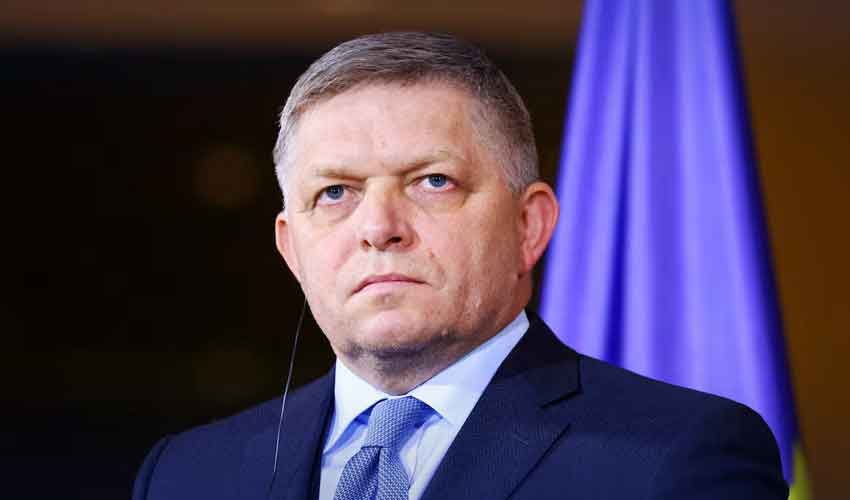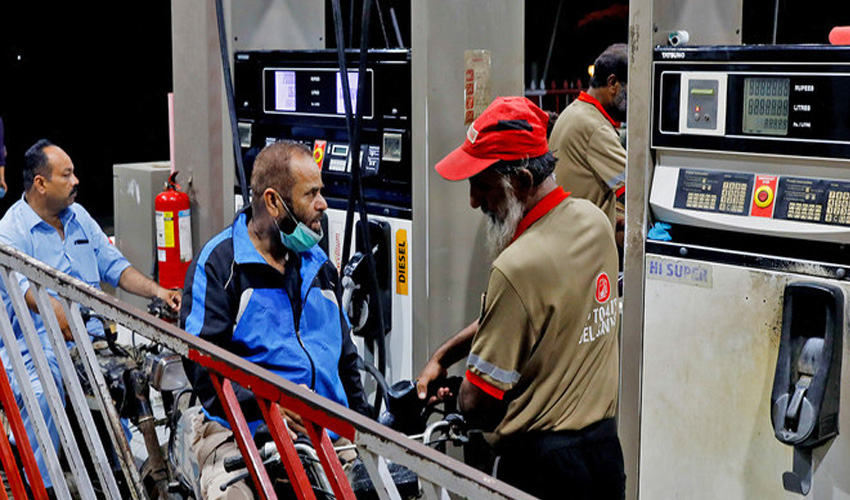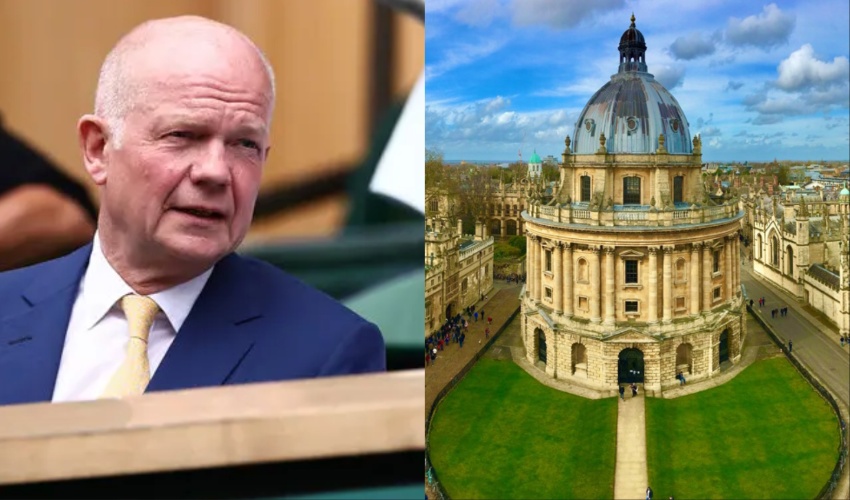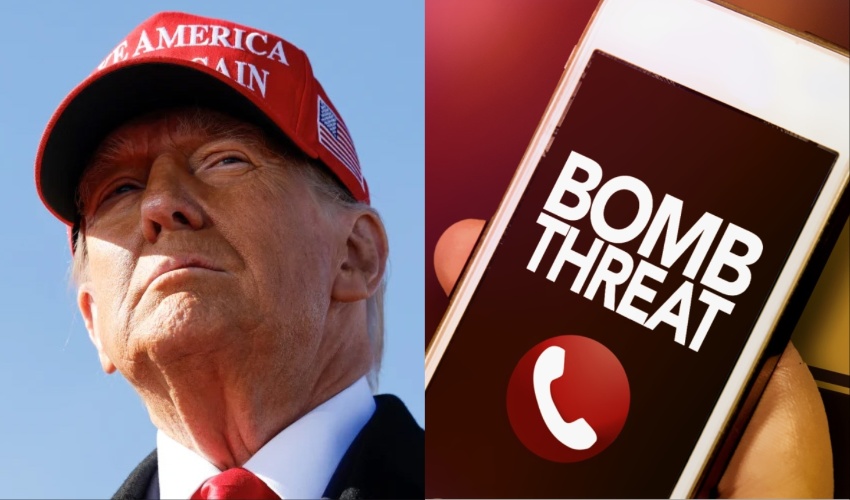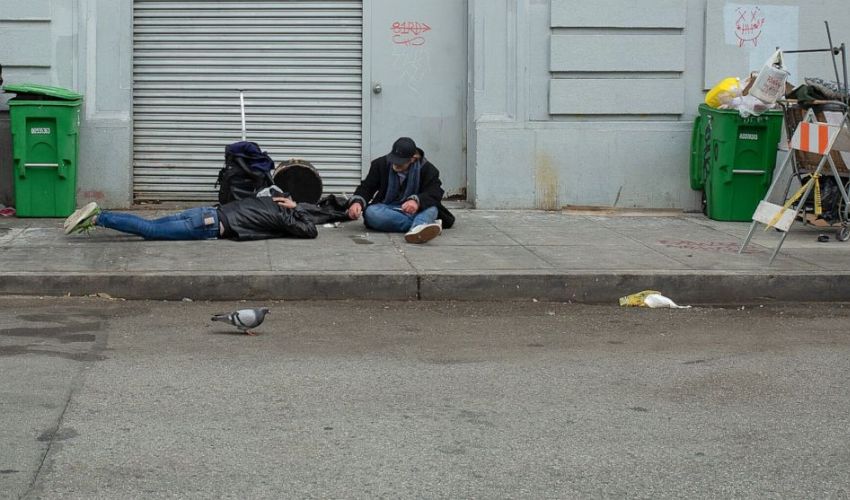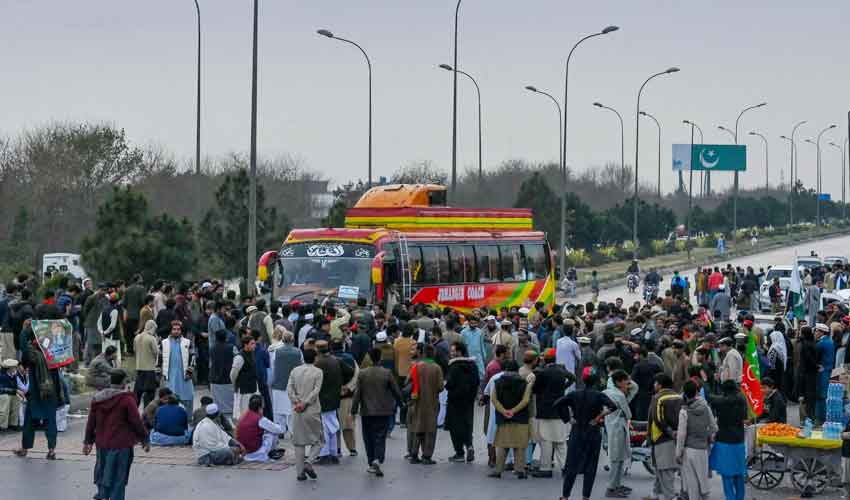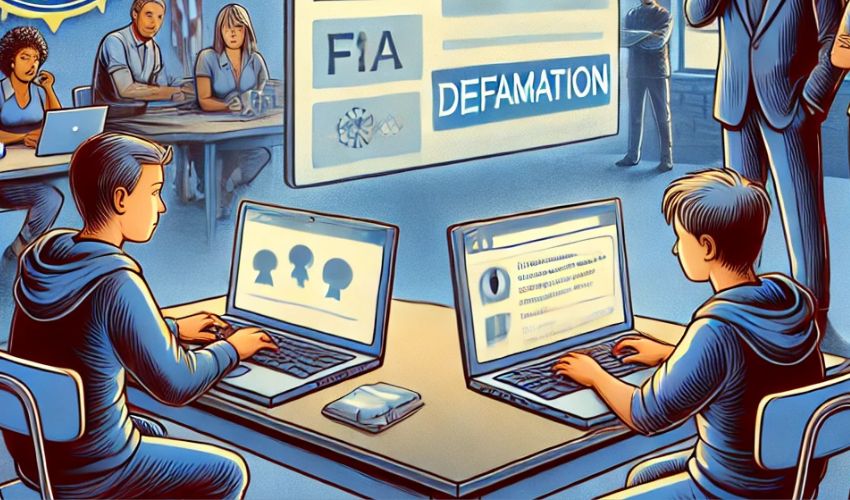A hospital official stated that Robert Fico, the prime minister of Slovakia, was in a "very serious" but stable condition on Thursday following his five-point shooting in an assassination attempt that exposed significant political rifts at home.
Political analysts and lawmakers expressed their condemnation of the shooting, which was the first significant attempt on the life of a European political leader in over two decades. They said it was a sign of the increasingly volatile and divisive political environment on the continent.
Political tensions should be reduced, according to Slovak President Zuzana Caputova, who also announced that she would invite the leaders of all parliamentary parties to a joint meeting. Peter Pellegrini, the president-elect and Fico ally, asked parties to either halt or reduce their campaigning for the European Parliament elections that take place next month.
"A basic consensus and unity among Slovaks' political representatives is at least what the people of Slovakia urgently need today," stated Pellegrini, the winner of an April election to fill the mostly ceremonial position of president.
On Thursday, the news website tvnoviny.sk reported that the suspect was being charged by the police with attempted murder, and that he might be imprisoned for life.
According to Miriam Lapunikova, director of the F.D. Roosevelt University Hospital in Banska Bystrica, where Fico is receiving treatment, the 59-year-old prime minister had multiple gunshot wounds treated during five hours of surgery with two teams.
She informed reporters, "At this point, his condition is stabilised but is truly very serious; he will be in the intensive care unit."
For the majority of the last 20 years, Fico has dominated Slovak politics by combining nationalism and left-leaning economic ideas, as well as by capitalizing on the general unhappiness with living standards. However, he has also shown to be a divisive figure, with detractors claiming that recent reforms jeopardize media freedoms and the rule of law.
Vladimir Putin and other Russian politicians have been vocal in denouncing the assassination attempt, and his demands for lifting sanctions against Russia and stopping arms transfers to Ukraine have won him favor in Moscow.
After presiding over a government meeting in the town of Handlova in the center, Fico was shot while mingling with supporters on the street.
According to Slovak news outlets, the 71-year-old gunman was a member of the Slovak Society of Writers, the author of three poetry collections, and a former mall security guard. The suspect's son was quoted by the news outlet Aktuality.sk as saying that his father had a valid gun license.
The identity and background of the gunman have not been formally confirmed.
Doctors stabilized Fico's condition over night, according to Deputy Prime Minister Robert Kalinak, and steps were being taken to ensure additional improvement.
"We all want to believe firmly that we will succeed in managing the situation, but unfortunately the condition continues to be very serious due to the complicated nature of the wounds," he stated.
Despite the prime minister being accompanied by multiple bodyguards, the attacker was able to fire five shots at point blank range, raising concerns about Fico's security protocols.
The alleged attacker was heard saying, "I do not agree with government policy" and criticizing government plans to restructure the public broadcaster in an undated video that was uploaded to Facebook.
Reuters confirmed that the person in the video matched the man's arrest photos following Fico's shooting.
Sections of the opposition and media have come under fire from Fico and his allies in the government coalition, who claim they have heightened tensions in the central European state.
The liberal, pro-Western Progressive Slovakia, which is the largest opposition party in Slovakia, swiftly denounced the shooting and canceled a protest rally that was scheduled for this evening. It has also asked politicians not to inflame the situation.
Fico has swiftly changed policy since taking office again as prime minister in October of last year.
His administration has attempted to lessen the penalties for graft and disbanded a special prosecutor's office that dealt with high corruption, in addition to reducing support for Ukraine and initiating talks with Russia.
Fico has consistently criticized Slovakia's mainstream media, even turning down interviews with certain publications. In recent months, members of his party have attacked the opposition and the media.





